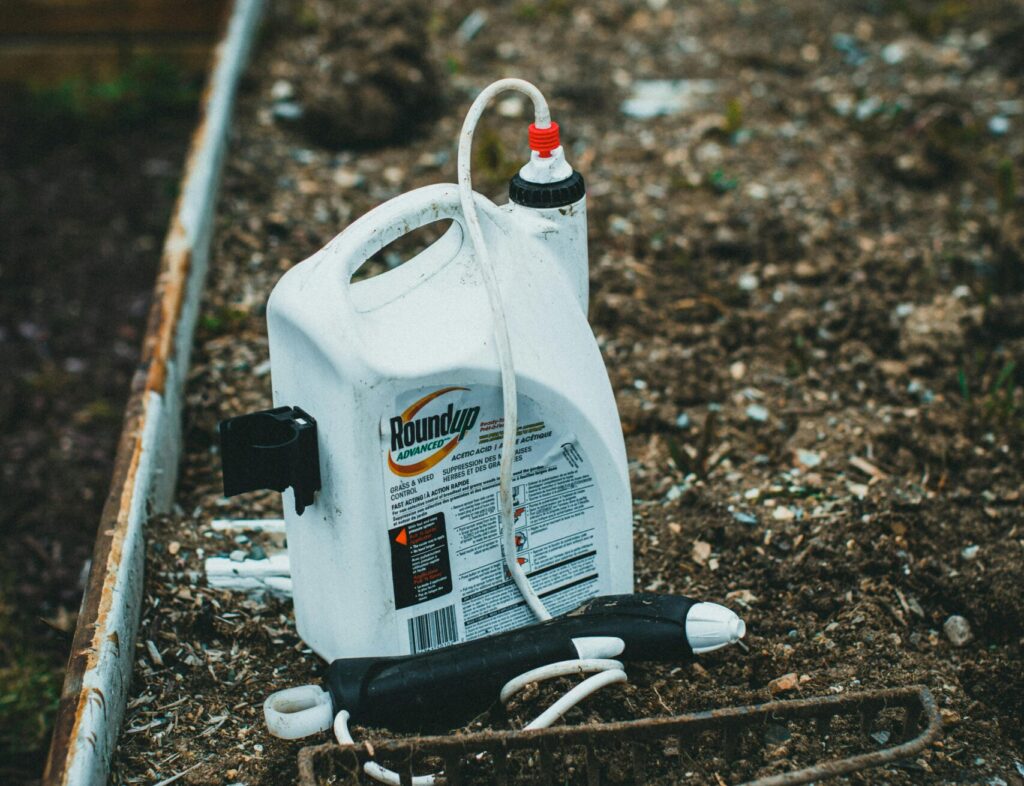Roundup weed killer lawsuits focus on the connection between glyphosate exposure and serious health problems, especially in people who worked closely with the product. Landscapers, farmworkers, and groundskeepers who regularly spray Roundup are among those with the highest risk. Reported injuries include:
Non-Hodgkin’s Lymphoma
The most common cancer tied to glyphosate, often requiring long-term treatment and follow-up care.
Leukemia
Some studies suggest a link between Roundup exposure and blood cancers beyond lymphoma.
Multiple Myeloma
This cancer of the bone marrow has been reported in workers with heavy and repeated glyphosate exposure.
Immune and Lymphatic System Damage
Roundup may weaken the immune system and disrupt lymphatic function, leaving the body less able to fight disease.
Other Cancers Under Review
Researchers continue to study possible links between Roundup weed killer and additional cancers.
These conditions form the basis of many glyphosate injury claims, as patients argue they were never given clear warnings about the cancer symptoms and risks associated with Roundup use.
Why People Are Filing Roundup Weed Killer Lawsuits
For decades, Roundup was marketed as a safe and reliable herbicide. Many people used it daily on farms, golf courses, and residential lawns without being warned of the long-term dangers. Lawsuits argue that Monsanto and Bayer knew glyphosate exposure carried cancer risks but chose not to give clear warnings to workers and families. Patients who developed conditions like non-Hodgkin’s lymphoma or leukemia now face years of treatment and uncertainty. By filing Roundup lawsuits, individuals and their families are seeking accountability from the manufacturer and financial support to manage the heavy cost of care.
Who May Qualify to File a Roundup Claim
Not everyone who used Roundup will meet the requirements for a lawsuit, but certain groups are more often affected. Claims usually involve:
Cancer Diagnoses
People who developed non-Hodgkin’s lymphoma, leukemia, or multiple myeloma after regular glyphosate exposure.
Workers With Heavy Exposure
Farmworkers, landscapers, and groundskeepers who handled Roundup frequently and were later diagnosed with cancer.
Residential Users
Homeowners who used Roundup on lawns or gardens for years and later developed cancer.
Families of Deceased Patients
Loved ones may bring a wrongful death claim if a family member passed away from cancer linked to Roundup exposure.
Patients With Strong Medical Evidence
Some individuals show early signs of immune or lymphatic system damage tied to glyphosate. With proper documentation, these cases may also qualify.
Our Roundup lawsuit attorneys can examine your medical records and how you were exposed to the product to determine if your case meets the requirements for a claim.
How Our Firm Can Help
Roundup lawsuit attorneys at Alexander Shunnarah Trial Attorneys help individuals and families who developed cancer after glyphosate exposure, providing both legal strength and personal support.
Free Case Review
We offer confidential consultations at no cost so you can learn if your case qualifies.
Experience in Toxic Exposure Litigation
Our attorneys understand the science behind glyphosate claims and know how to build cases against large manufacturers.
Nationwide Representation
We work with clients across the country and provide each case the personal attention it deserves.
Financial Strength
Our firm has the resources to take on large companies and carry cases through trial when necessary.
Client-Centered Support
We keep you informed and supported from the beginning of your claim through resolution.
No Fees Unless We Win
There are no upfront costs. You only pay if we recover compensation for you.
Why Timing Matters
Every state sets a deadline, called the statute of limitations, that controls how long you have to file a Roundup weed killer lawsuit. Once that time runs out, the chance to file a claim is usually gone. Starting the process early also helps keep medical records, work history, and other important details available. Speaking with our firm as soon as possible after a diagnosis provides the best chance to protect your rights.
Contact Us for a Free Case Review
If you or a loved one developed cancer after using Roundup, you don’t have to face the next steps alone. Our Roundup attorneys offer free and confidential case reviews with no upfront fees. We’ll listen to your story and review your options, so you know whether or not you may qualify for a claim. Families only pay if compensation is recovered.


